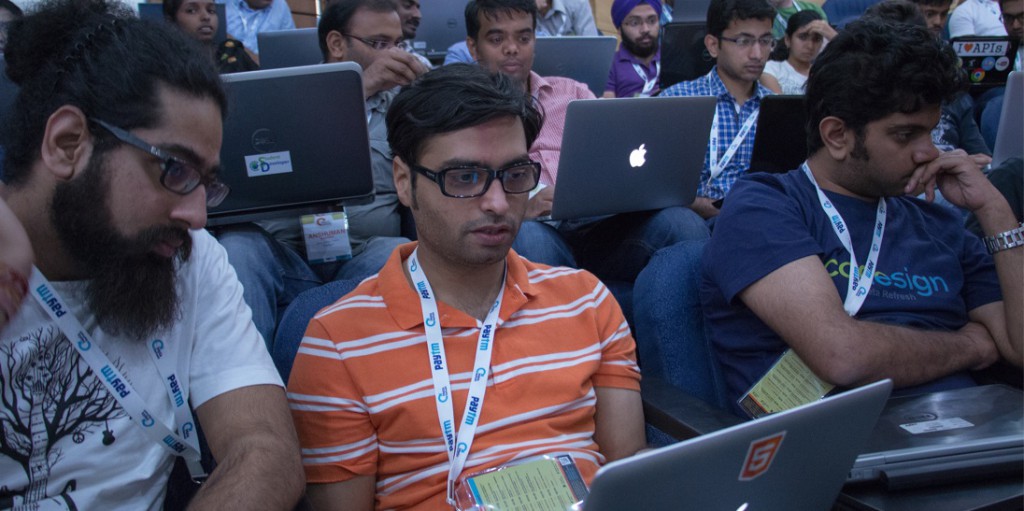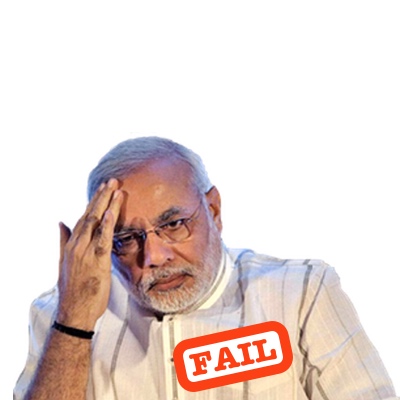
1. Arrest of social media users
Before he was elected Prime Minister, Narendra Modi turned his Twitter profile photo black to support free speech online. But his critics face the chilling effects of censorship of dissenting views. Indian citizens in Goa and Kerala faced arrest for Facebook posts critical of Modi.
- Index on Censorship: “India: Man facing criminal investigation over anti-Modi Facebook comments”
- NDTV: “Mumbai Executive Faces Arrest for Anti-Modi Remarks on Facebook”
- Matrubhumi: “Facebook post against Modi: Kollam native arrested”
2. New censorship law planned after Supreme Court defends free speech
In March 2015, the Supreme Court defended Indians’ right of free speech by blocking the use of Section 66A to arrest Internet users—a blow to the Modi government’s censorship efforts. The Modi government’s response? Try to bring back online censorship, using a brand new law.
- BBC: “Section 66A: India court strikes down ‘Facebook’ arrest law”
- Huffington Post India: “Modi Government Pushes For Greater Restrictions On The Internet In India”
- FirstPost: “Modi govt may bring back Section 66A in a different avatar”
3. Modi bans hundreds of websites, including Github, Vimeo, and CollegeHumor
Narendra Modi surprised Indians by unilaterally imposing bans on hundreds of websites on 1.25 billion Indians. The sites included popular video sites like Vimeo and CollegeHumor, software development tools like GitHub, and Internet utilities like Archive.org — in the name of combating “ISIS” and “pornography.”
- TechCrunch: “India’s Government Asks ISPs To Block GitHub, Vimeo And 30 Other Websites”
- FirstPost: “Porn ban: Modi sarkar’s bid for swachh internet has become a source of mockery”
Photo credit: Hasgeek, cc-by

